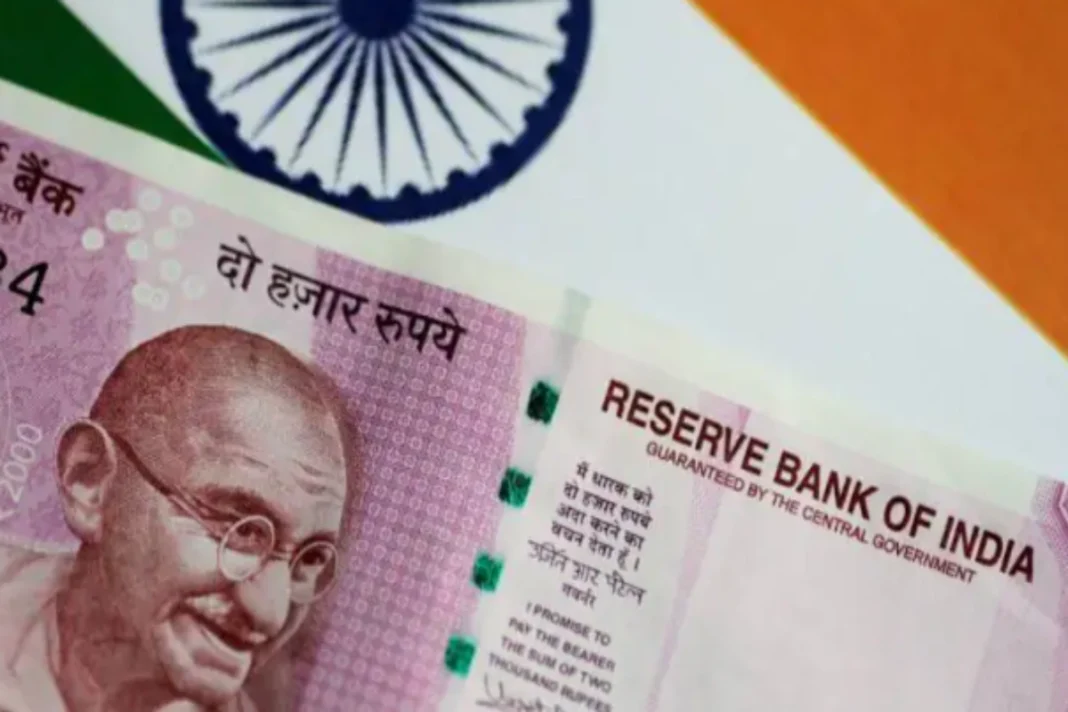Income Tax News: Having many bank savings accounts could result in unnoticed financial loss. In the event that the earner is salaried, having a single savings account is preferable to having several. The majority of your banking information is readily available in a single bank account, which makes it simple to manage and easier to file your income tax return, according to tax and investment professionals.
The Benefits of Opting for a Single Savings Account
A single savings bank account does offer some financial advantages, though, as you will be responsible for paying bank service costs on the debit card AMC, SMS service charge, minimum balance, and other fees.
Referring to the optimal number of savings accounts, SEBI-registered tax and investment specialist Jitendra Solanki stated, “It’s better to have a single savings bank account as it becomes easier to maintain the minimum balance and avoid paying bank service charges like debit card AMC, SMS service charge, etc. on multiple number of times.” According to him, having a single savings account will make it easier for an individual who receives a salary to file their income tax return.
Top Five Losses
The following are the top five losses that someone with multiple bank savings accounts could experience:
Dormant Account Risks
Possessing multiple bank savings accounts increases the likelihood of dormant accounts, which are particularly vulnerable to fraud. This occurs when a salaried individual changes jobs and leaves their salary account in place at the previous employer. In such a scenario, the salary account is dormant, and as was previously mentioned, these accounts are particularly vulnerable to fraud.
Minimum Balance Challenges
Having multiple savings accounts can make it difficult to maintain a minimum level in your bank account and other aspects of account management. A single error in this situation could result in a penalty that is directly tied to your CIBIL rating.
Service Charge Multiplicity
A bank account entails a number of fees, such as the AMC for debit cards and SMS alert services. If you have one bank savings account, you will only have to pay once; however, if you have multiple bank savings accounts, you will be required to pay twice for the service charge.
Private Bank Requirements
A minimum sum must also be kept in a bank savings account. There’s a risk that a sizable sum could be frozen in your savings account if you have different banks. Private banks these days demand a minimum balance of Rs 20,000, so if you have three of these accounts with three different banks, your Rs 40,000 will be exhausted trying to keep the minimum balances of the two additional bank savings accounts.
Debt funds yield a minimum of 8% return on short-term investments, so you can use the extra Rs 40,000 for investments and get 8% in return. However, the yield on a bank savings account is only about 4–5%, which is less than half of what may be made by investing in debt funds.
Tax-Free Threshold
TDS is deducted because interest in bank savings accounts up to Rs 10,000 is tax free. Therefore, your bank will not deduct TDS until you receive Rs 10,000 in interest from your savings account. However, if you have multiple bank savings accounts, it is possible that your bank did not deduct TDS because no single account earned Rs 10,000 in interest during a financial year.
However, once the total interest from all of your savings accounts is added up, it may exceed Rs 10,000, making you liable for TDS deduction. If so, you will need to disclose this information to the Income Tax Department while filing your ITR. Failing to do so will result in unintentional income tax fraud.
Keep watching our YouTube Channel ‘DNP INDIA’. Also, please subscribe and follow us on FACEBOOK, INSTAGRAM, and TWITTER


